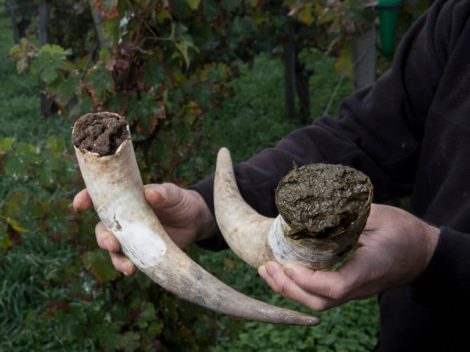by Loredana Sottile and Gianluca Atzeni
Vineyard Uprooting, but Not Only Thay. The draft document from the European Commission on the future of viticulture, emerging from the third round of consultations by the High-Level Wine Group, also includes other guidelines on how to address the sector’s challenging situation. Certainly, the green light for uprooting vineyards without European funding is the most pressing and anticipated topic. But there is more.
From managing production potential to embracing new trends
The draft—reviewed by Gambero Rosso—emphasises the vital role wine plays in Europe’s trade balance:
"EU wine exports have offset the decline in domestic consumption over the past two decades, significantly contributing to Europe’s total food exports. However, these market trends have recently slowed," the document states.
This slowdown has prompted the High-Level Wine Group to consider calls from industry associations for greater flexibility. The focus is on three main areas: managing production potential to align with the structural decline in demand. Strengthening sector resilience to adapt to evolving markets and climate change. Adjusting to market trends and seizing new opportunities.

Promoting non-alcoholic and low-alcohol wines
Among the new trends, the Commission highlights the growing demand for wines that are "more accessible (fresher, lighter, sweeter, innovative, and sustainable)," with a particular focus on fully and partially dealcoholised wines and those with low alcohol content.
This trend was reinforced at the third International Forum of Women in Wine, and the draft urges promotional efforts to reflect public health considerations. It calls for "emphasising moderation and promoting non-alcoholic and low-alcohol wines as avenues worth exploring."
Continuous Promotion in Established Markets
The draft also addresses the simplification of the EU’s Wine CMO (Common Market Organisation) promotion rules. It recommends extending the duration of support for promotional measures to allow businesses to consolidate their market presence. This change could help companies overcome the annual time limits that previously hindered efforts to build customer loyalty.

Simplified Framework for Small Producers
The draft explores "ways to create a simplified scheme for small producers," a long-standing demand of independent winemakers. At a recent event in Rome, the Italian Federation of Independent Winegrowers (FIVI) highlighted the disadvantages faced by small businesses. "Due to restrictions such as excessive minimum investment amounts and bureaucratic hurdles, only 14% of FIVI members have been able to benefit from wine promotion funds over the past two years," said FIVI President Lorenzo Cesconi. Cesconi expressed optimism about the draft's direction: "The Commission is now awaiting our simplification proposals. We are working to ensure they are practical and are pleased with the progress of discussions so far. We’ve moved past overly complex ideas to focus on concrete solutions, and we believe we are close to achieving our goals."
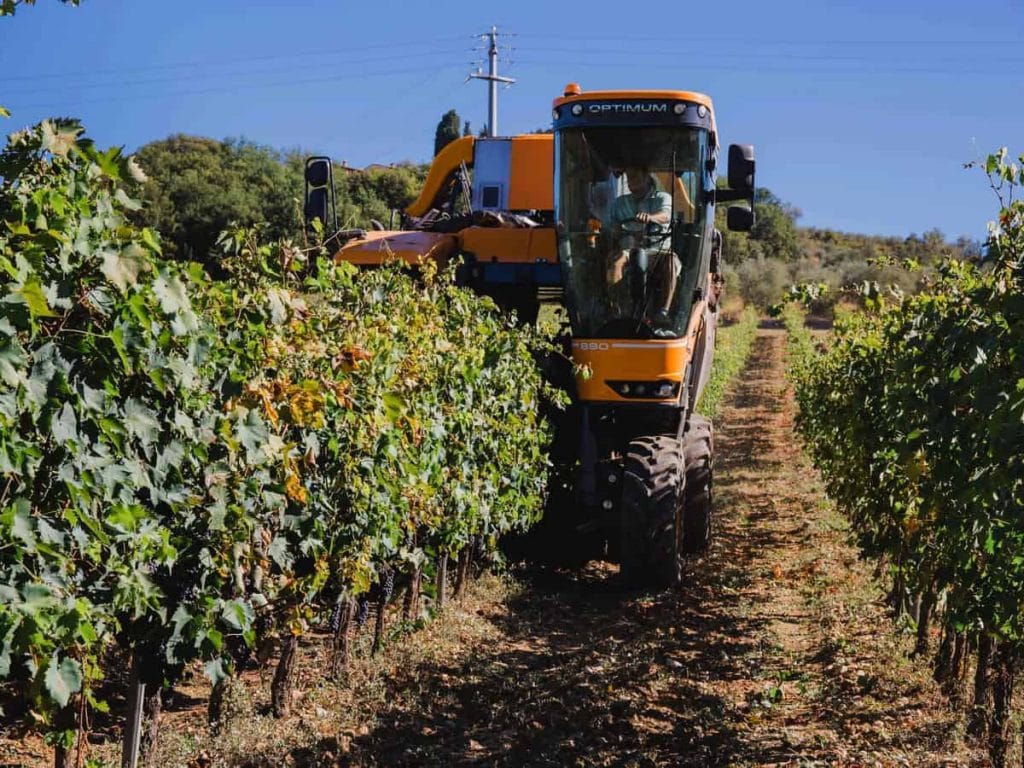
Uprooting with National Funds
The green light for uprooting vineyards—but only with national funds—has also been welcomed by FIVI. While they see it as an extreme measure, Cesconi explains: "It’s fair for a Member State to find resources for uprooting within its national budget, without additional EU funding. A CAP (Common Agricultural Policy) that aims to support the sector should not simultaneously fund the cessation of activities. In Italy, we must ensure that any uprooting safeguards high-value areas and preserves our vast viticultural biodiversity."
The Unione Italiana Vini (Italian Wine Union ) has also responded positively to the draft, particularly its stance on uprooting, which incorporates environmental, social, and landscape protections. The group noted: "The recommendations in the draft on the future of wine in the EU largely align with the direction supported by UIV. Preserving dedicated funds for ‘active measures’ like promotion is crucial for addressing shifting consumption patterns and market uncertainties."
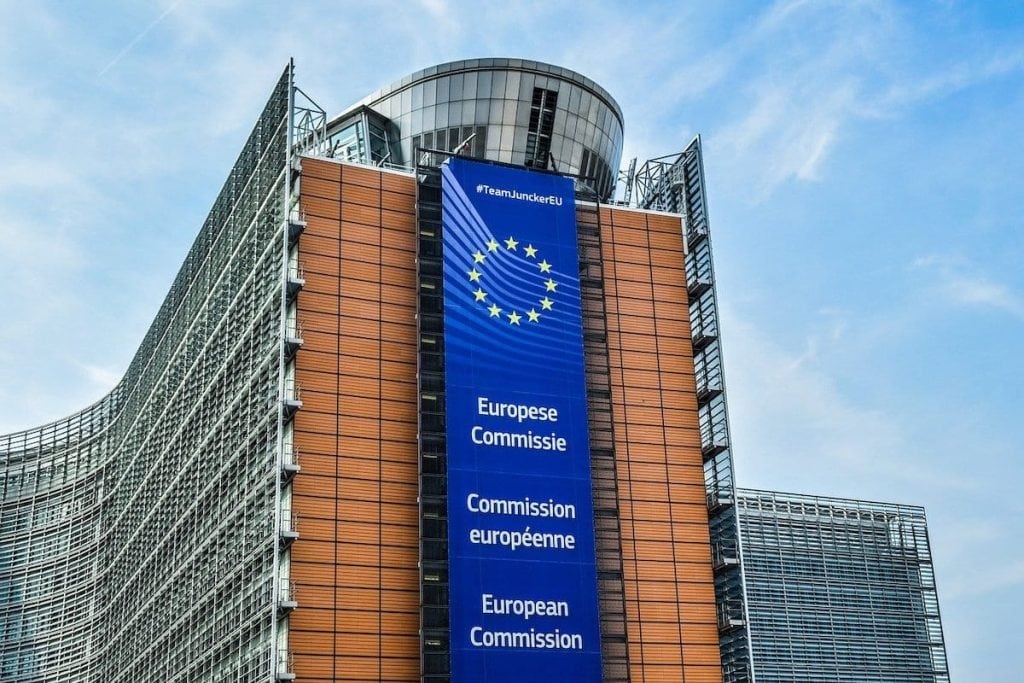
Photo by Dimitris Vetsikas from Pixabay
Italy and France’s Positions
For now, other trade associations contacted by Gambero Rosso, including Alleanza Cooperative, have not commented. Alleanza was among the early advocates for EU-funded vineyard uprooting. The Italian wine industry, convened by the Ministry of Agriculture on 20 November, now looks ahead to 16 December, when the final text will be released. The draft’s recommendations are not yet definitive, and the positions of other EU countries, particularly France, will also weigh heavily. France, which has already initiated vineyard uprooting using national funds, appears resistant to relinquishing EU resources. The path to the final version of the Commission's plan remains uncertain.

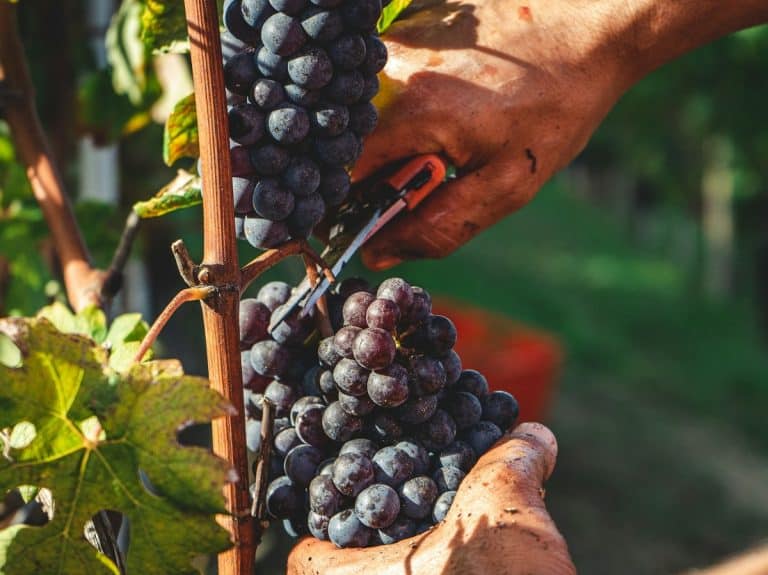
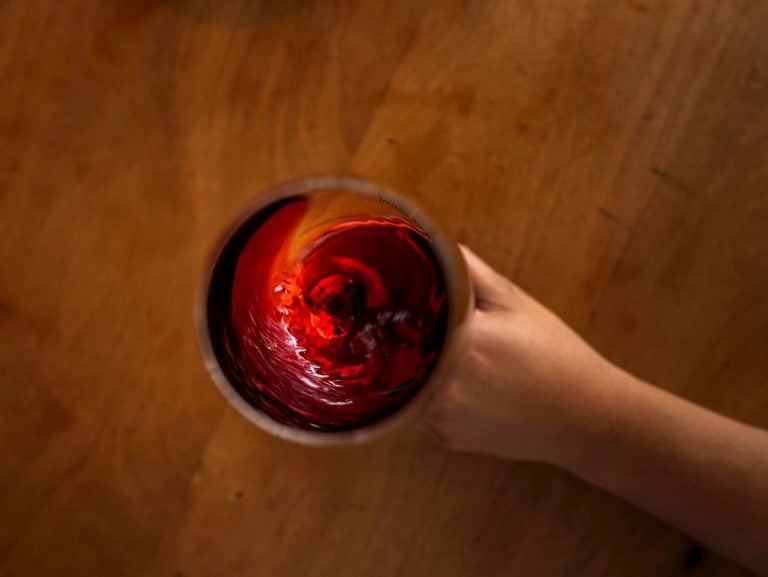 Historical breakthrough: Italy will also produce dealcoholised wines. Lollobrigida signs the decree
Historical breakthrough: Italy will also produce dealcoholised wines. Lollobrigida signs the decree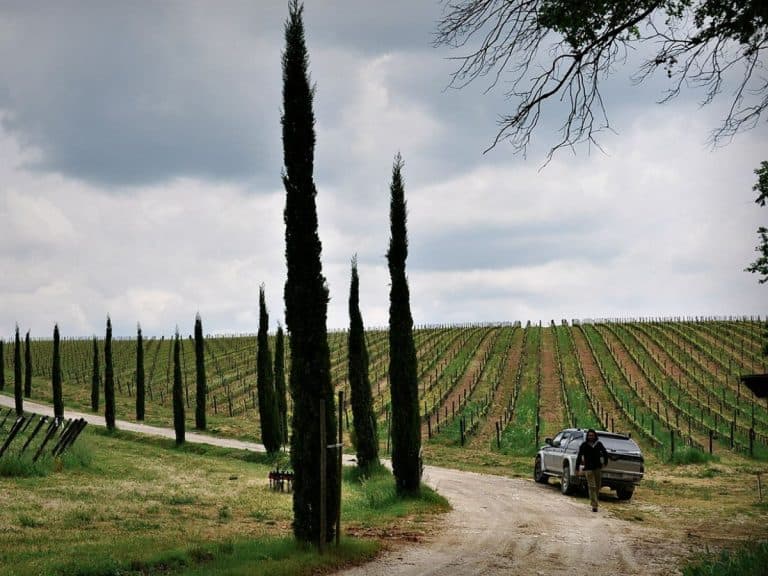 If you say Syrah, you say Cortona. The story of Stefano Amerighi and other Tuscan producers
If you say Syrah, you say Cortona. The story of Stefano Amerighi and other Tuscan producers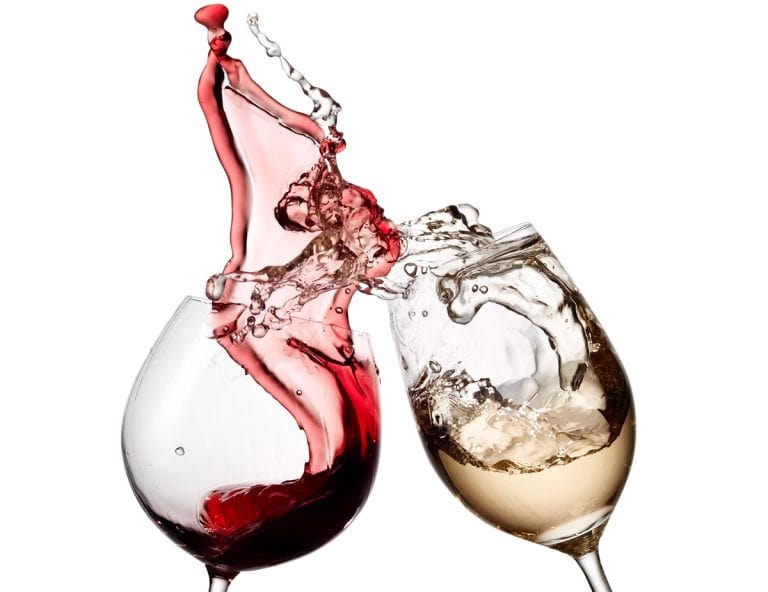 The Game (and the misunderstanding) of dealcoholised wines: even an expert critic can be fooled at first sip
The Game (and the misunderstanding) of dealcoholised wines: even an expert critic can be fooled at first sip With fish, you can (also) drink red!
With fish, you can (also) drink red!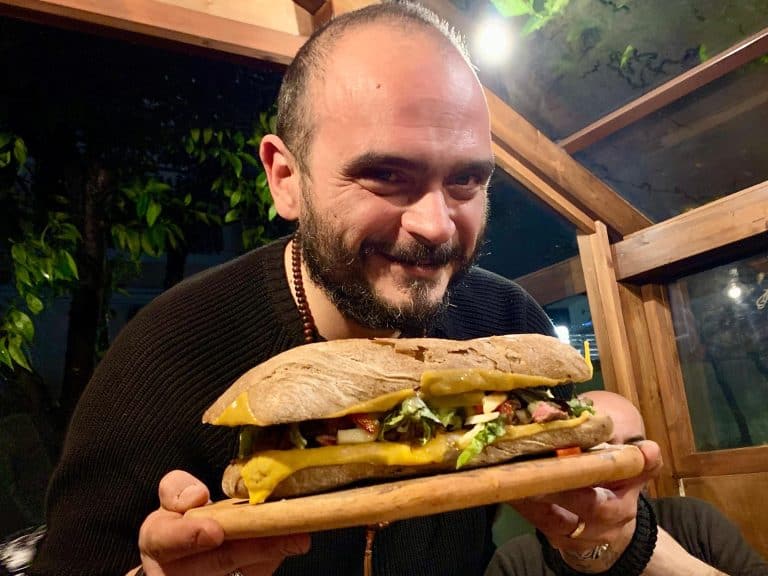 The story of the pharmacist who dispenses prescriptions by day and crafts gourmet burgers by night
The story of the pharmacist who dispenses prescriptions by day and crafts gourmet burgers by night
